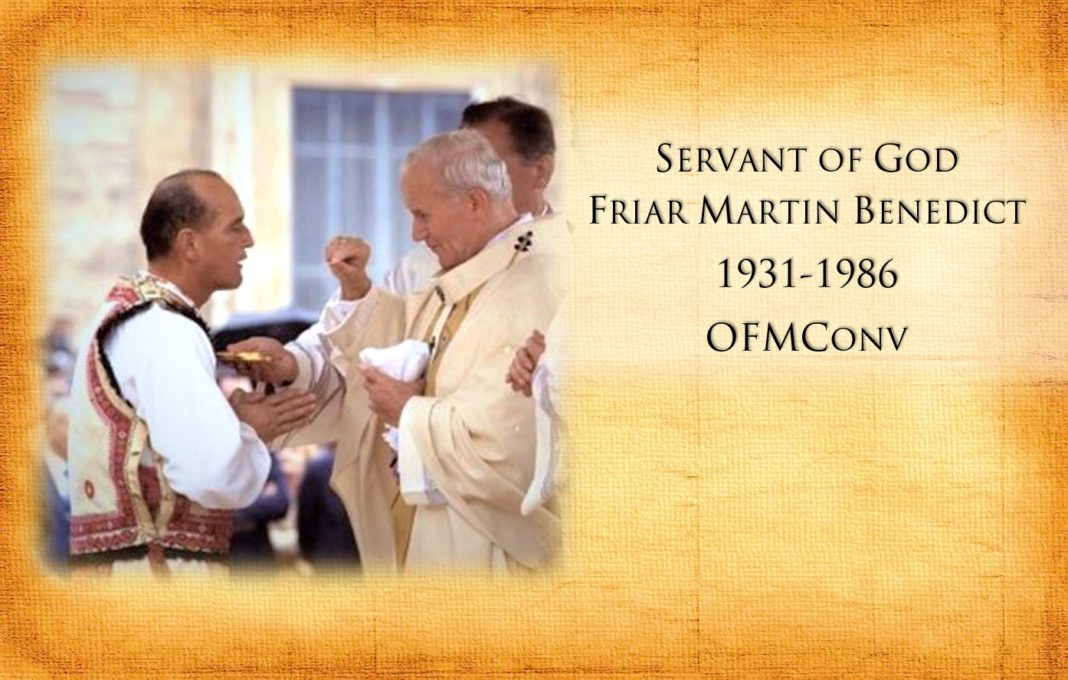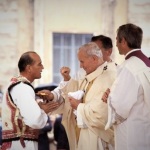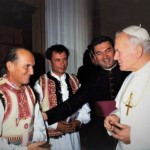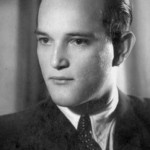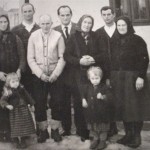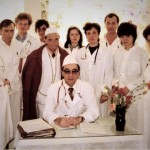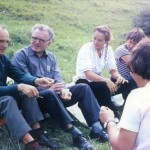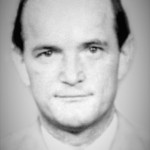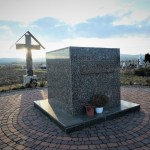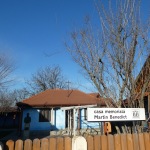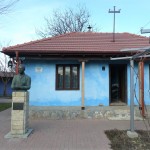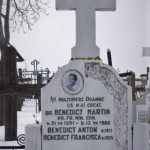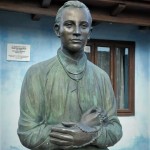The Servant of God Friar Martin BENEDICT was born in the municipality of Nicolae Bălcescu (Galbeni, Romania) in 1931, to peasant parents. After attending elementary school in his home town (1938-1945), he entered the Conventual Franciscan seminary in Hălăucești in September of 1945. He continued his studies there for three years. Once the communist regime began to persecute the Catholic Church and the schools were nationalized, he completed his high school studies in Bacău and subsequently enrolled in the Medical Faculty of the University of Iași, where he graduated in 1957.
He worked as a doctor in Răducăneni, Tătăreni, Bacău, and finally at the hospital Onești (from 1962 until his death). In 1972, he became seriously ill from an intestinal disease. He underwent three surgeries within a few days. Although the doctors expected that he would soon die, he overcame the disease. Everyone felt his recovery was miraculous. At that time, his sister Varvara moved in with him. She was also a clandestine religious, like her brother.
After continuous contacts with the Conventual Franciscans, especially Friar Gheorghe PATRAȘCU, he decided to continue his preparation for religious life and the priesthood. Under the guidance of Friar Gheorghe, the then incognito Minister Provincial of Romania, Martin secretly completed his novitiate year. He made his temporary profession in 1976 and his solemn profession some time in 1979. Due the historical circumstances, no records were kept, so the precise date is unknown. On September 14, 1980, in Slănic, Moldova, he was ordained a priest by a Greek Catholic Bishop who would later become His Eminence Alexandru Cardinal TODEA, Archbishop Emeritus of Făgăraş şi Alba Iulia, Romania.
Friar Martin continued working at the hospital, without the secret police discovering his religious profession and priestly status. He created a small chapel in his apartment, where he would celebrate daily Mass. The faithful used to call him “the doctor who prays a lot” because of his continuous prayers and “our fatherly doctor.” He was not only concerned with the physical health of his patients but also with their souls, urging them to pray, to confess and to regularize their married life. He particularly fought against abortion and defended the dignity and inalienable rights of all human beings. He also contributed toward the construction of some churches despite the hostility of the communist regime which was then in power.
He made a pilgrimage to Rome for the beatification of the Romanian Capuchin Franciscan, Friar Geremia da Valacchia (known secularly as Jon STOIKA). During the beatification Mass, on October 30, 1983, Friar Martin participated disguised as a layman. He read some intentions of the prayers of the faithful, and added some improvised reflections, that constituted a warning to everyone the audience. He was thus recognized as a priest by the secret police and started being persecuted, suffering arrests, interrogations, attempts to poison him and efforts to run him over with a car. These persecutions lasted until his death, on July 12, 1986.
A year later, water from a well next to his family house in his hometown began to smell and taste of roses. Galbeni soon became a pilgrimage destination and this development was deeply troubling to the secret police. However, all attempts to stop the flow of the faithful failed. Rumors of miracles and inexplicable healings were spreading and people started to pray to Friar Martin with great devotion to ask for his help and grace. Friar Martin’s memory remains very much alive among the lay faithful and the friars of today’s Province of St. Joseph, Spouse of the B.V.M. in Romania.
Friar Martin’s process for canonization began on April 14, 2007. The positio has already been published and is awaiting examination by the Theological Commission.
Source: www.martinbenedict.org
Friar Damian-Gheorghe PĂTRAŞCU, Postulator General






